Description
The story occurs in the 1940s in the fictional town of Oran, Algeria, which is hit by a devastating plague outbreak.
Plot
The novel is primarily centered on Dr. Bernard Rieux, a doctor who happens to be at the center of the fight against the plague. While the epidemic continues to spread, Rieux and his associates, such as Jean Tarrou, an intriguing and charming character, toil day and night to provide care to the afflicted and try to curb the epidemic.
Meanwhile, the town’s authorities, headed by the incompetent and complacent Prefect, fail to react adequately to the crisis. With the plague deteriorating steadily, the town is put under quarantine, and people are forced to recognize their mortality.
Themes
Throughout the book, Camus explores themes of:
Absurdity and the human condition
Suffering and search for meaning
Solidarity and community in time of adversity
Response of the individual to injustice and oppression
Characters
Dr. Bernard Rieux: The hero, a doctor who leads the struggle against the plague.
Jean Tarrou: Enigmatic and charismatic, he becomes Rieux’s friend in the battle against the plague.
Raymond Rambert: A journalist who is trapped in Oran and joins in the struggle against the plague.
Father Paneloux: A priest who finds opportunity in delivering a string of sermons that resonate with the change of mood in the town.
Style
Characteristics of Camus’ writing style in The Plague include a simple and clear sense of writing which contrasts to the complexity and ambiguity of themes; focus on concrete, everyday detail of life in Oran; use of symbolism and metaphor to indicate themes and ideas as well as reflecting philosophical and moral inquiry, since this was also reflective of Camus’ own feelings of being an existentialist and absurdist.
Overall, The Plague is a powerful and thought-provoking novel that explores the human condition in the face of suffering and adversity.


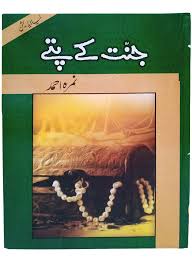
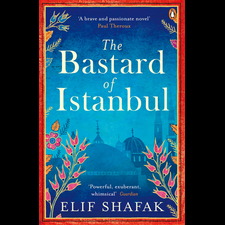
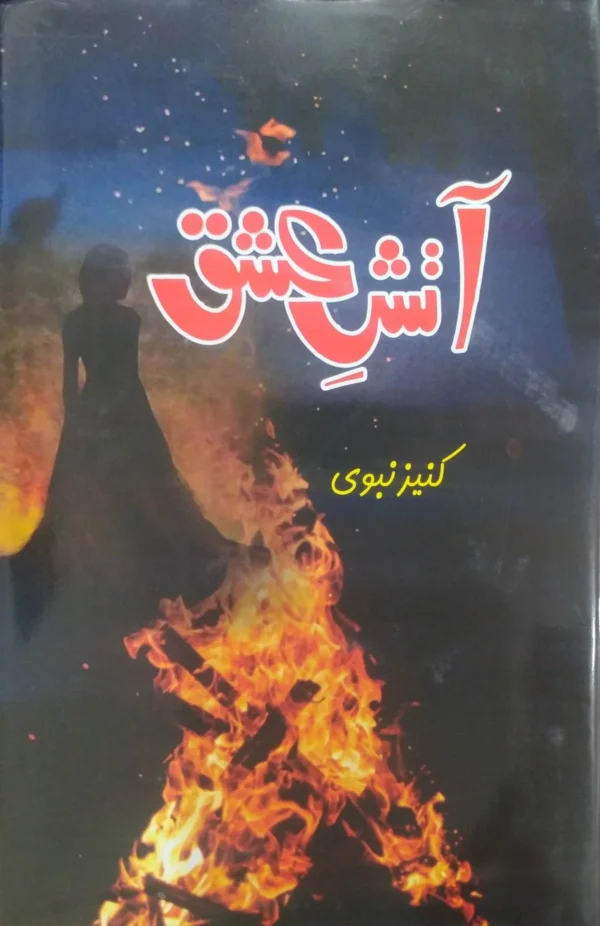
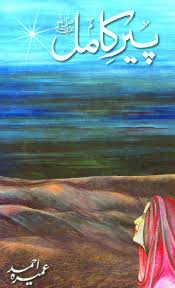



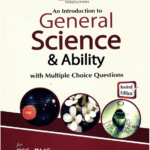
Reviews
There are no reviews yet.